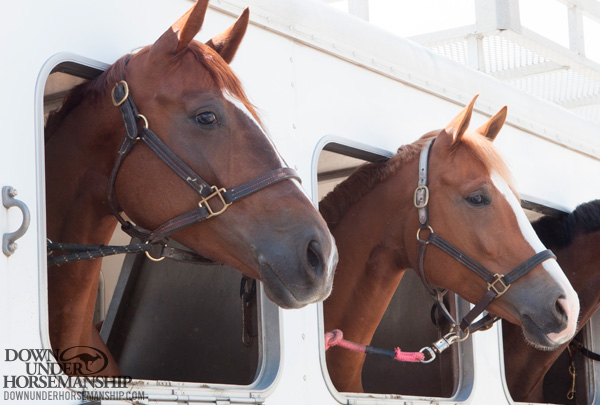The Importance of Vaccination for Performance Horses

Brought to you by Merck Animal Health
Performance horses are at a greater risk of getting sick because their immune systems get stressed frequently. Strenuous exercise, performance, long-distance transportation, and steroid administration can suppress the immune system, increasing the horse’s susceptibility to infectious disease and potentially decreasing response to vaccination. Follow these vaccination tips to help keep your horse performing:
- Ensure you have protected your horse against the right diseases by reviewing the AAEP Vaccination Guidelines. AAEP recommends equine athletes be vaccinated against equine herpesvirus 1 (EHV-1) and equine influenza virus (EIV) at six-month intervals. Performance horses of all ages are at increased risk of exposure for infectious respiratory diseases, most importantly EHV-1 and EIV.
- Make sure your horse is healthy prior to receiving any vaccines.
- Horses receiving steroids (systemic and/or intra-articular) may be immunocompromised to varying degrees and should not be vaccinated until the systemic effects have subsided.
- With highly contagious diseases, such as strangles, EHV and EIV, vaccination alone will not prevent disease transmission. Good biosecurity protocols are mandatory. The newly formed Equine Disease Communication Center (EDCC) provides several great biosecurity tips.
Don’t let infectious disease sideline you and your horse this show season. Discuss your horse’s health risks with your veterinarian to develop a vaccination protocol that covers core and at-risk diseases. For more information, visit GetVaccinatingRight.com.
Copyright © 2016 Intervet Inc., d/b/a Merck Animal Health, a subsidiary of Merck & Co., Inc.
